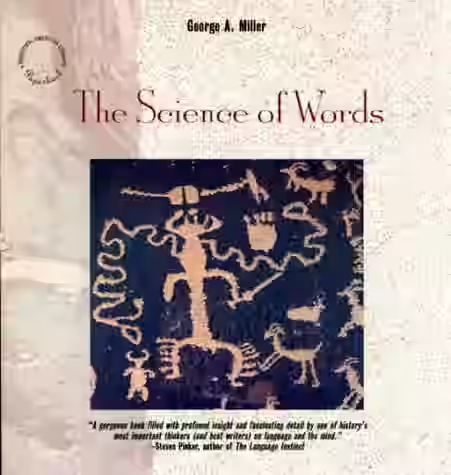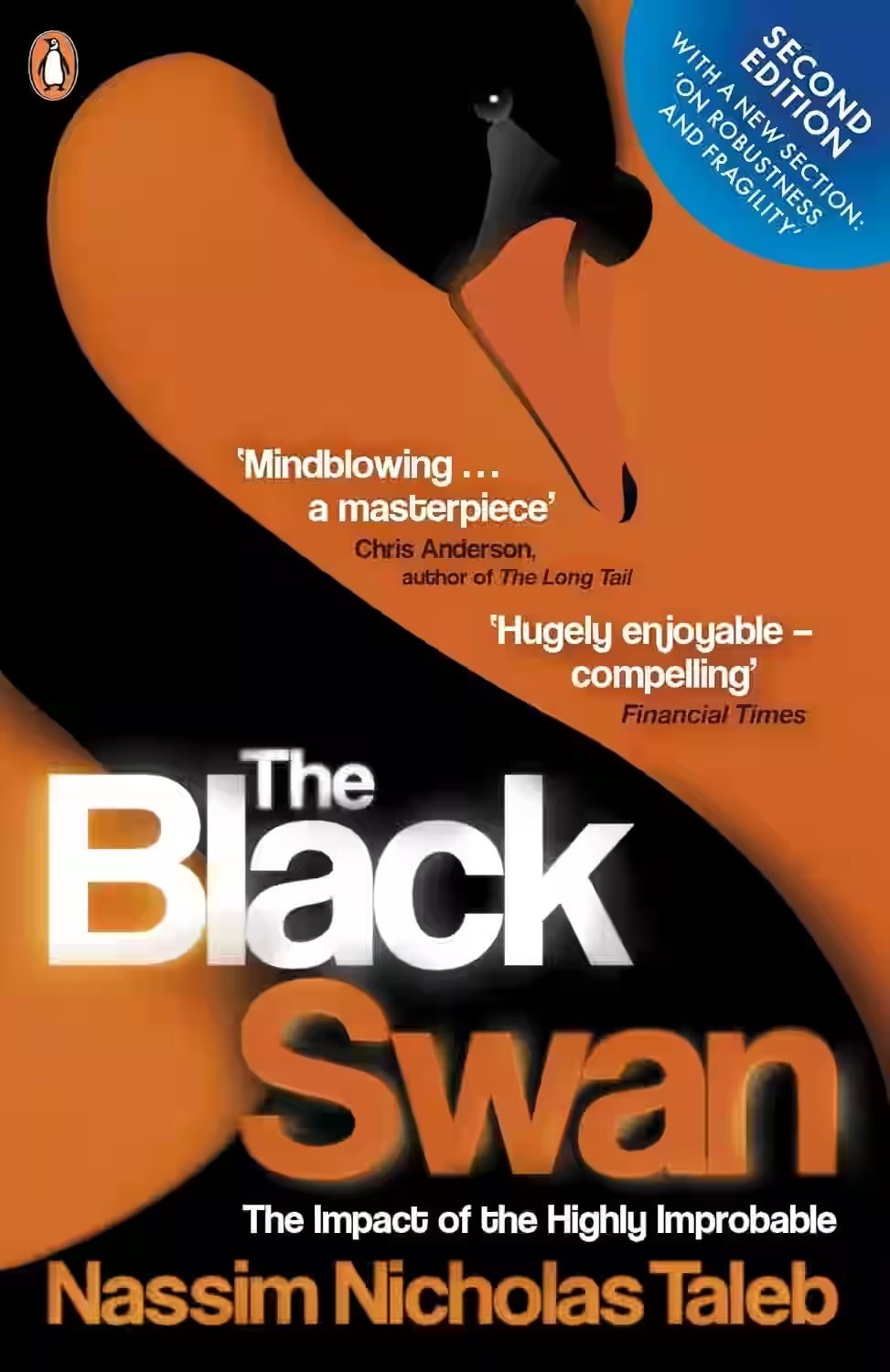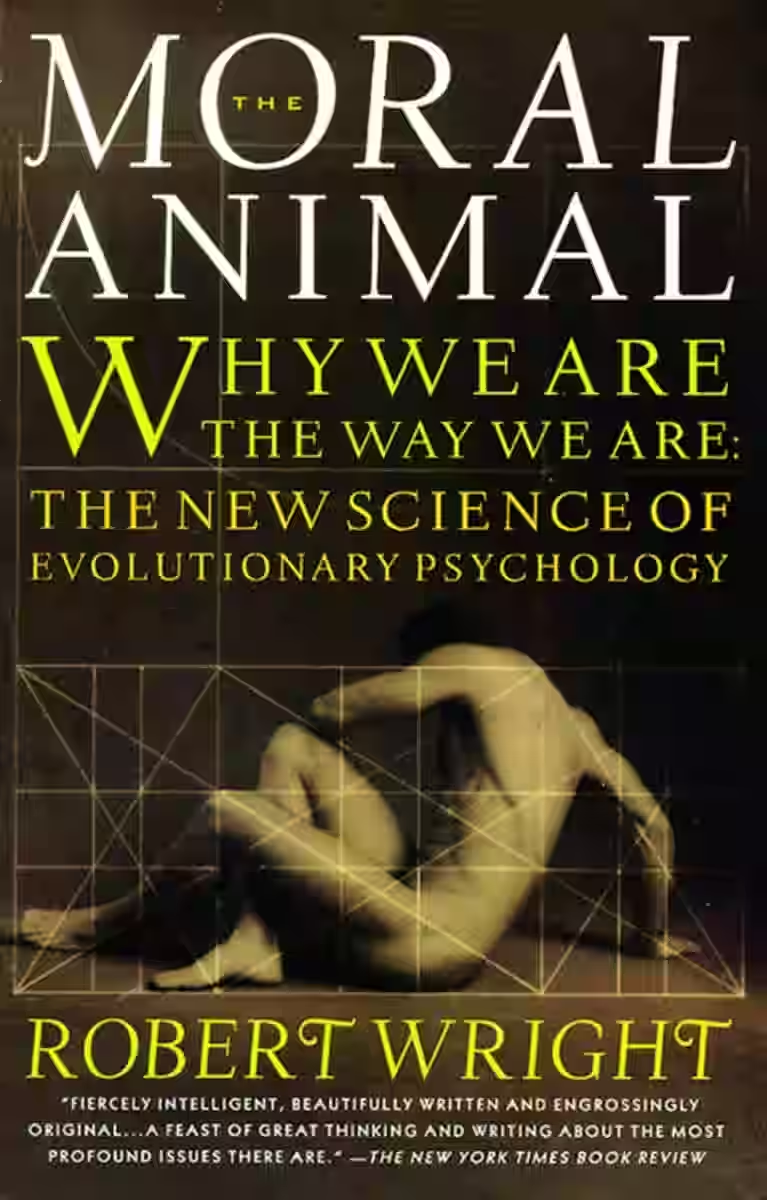
In The Science of Words, cognitive psychologist George A. Miller offers an accessible look into how language works—from meaning and memory to syntax and speech. Drawing on decades of research in psycholinguistics, he explores how people learn, process, and produce words. Miller explains the relationships between language and thought, covering topics like categorization, semantic networks, and ambiguity. The book bridges linguistics and psychology, showing how language reflects and shapes the human mind. It's a foundational work for understanding language acquisition, cognitive science, and the nature of communication. Clear and engaging, it’s ideal for students and curious readers alike.
About George A. Miller
George A. Miller was a pioneering American cognitive psychologist who played a foundational role in the development of cognitive science. Known for the “magic number seven” theory in short-term memory, he helped shift psychology from behaviorism to a focus on internal mental processes. His book The Science of Words examines how people acquire, process, and use language, making complex ideas about semantics and cognition accessible to a broad audience. A co-founder of the Center for Cognitive Studies at Harvard, Miller's interdisciplinary work bridged linguistics, psychology, and information theory. His influence continues to shape how we study and understand the human mind.
Similar Books

QED: The Strange Theory of Light and Matter
Nobel laureate Richard P. Feynman unravels the revolutionary science that earned him the prize with his signature lucid and witty style. Quantum electrodynamics, or QED, is the theory explaining the intricate interactions between light and electrons, illuminating the deepest mysteries of our universe. Celebrated for its accuracy and enduring validity, QED, thanks to Feynman and his colleagues, stands as a cornerstone of modern physics. Through engaging everyday examples, Feynman delivers the definitive and accessible introduction to this profound theory.

The Better Angels of Our Nature
In The Better Angels of Our Nature, cognitive scientist Steven Pinker argues that, contrary to popular belief, violence has declined significantly over human history. Drawing on data from psychology, history, and political science, Pinker examines how societal changes—such as the spread of literacy, trade, and centralized governance—have contributed to a more peaceful world. He identifies forces like empathy, reason, and moral progress as "better angels" guiding human behavior. Though controversial, the book provides a compelling, data-driven narrative that challenges pessimistic views of human nature and makes a bold case for the progress of civilization over the centuries.

The Black Swan
Series: Incerto (#2)
The Black Swan explores the profound impact of rare, unpredictable events—what Taleb calls “Black Swans”—that lie outside normal expectations but have massive consequences. The book challenges traditional forecasting and risk models, arguing that humans consistently underestimate uncertainty. Taleb illustrates how randomness and surprise shape history, from financial markets to scientific breakthroughs, and advocates for antifragility—systems that benefit from disorder. Combining philosophy, probability theory, and anecdotal insight, The Black Swan is a provocative critique of modern thinking and a call to embrace humility in the face of complexity. It’s a transformative read for anyone making decisions in uncertain environments.

The Moral Animal
In The Moral Animal, Robert Wright applies evolutionary psychology to human behavior, relationships, and ethics. Drawing on Darwinian theory, he explains how natural selection has shaped not just our bodies but also our minds—our moral instincts, mating preferences, and social behaviors. The book investigates how selfish genes can produce selfless actions and how our evolutionary history influences love, jealousy, parenting, and morality. Wright uses Charles Darwin’s life as a case study, linking theory with biography. Thought-provoking and accessible, it challenges assumptions about free will, altruism, and the roots of human nature.